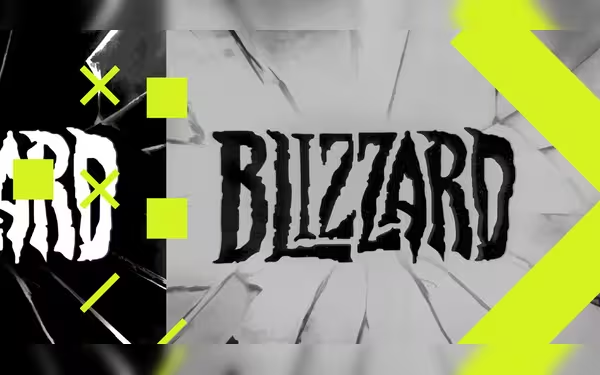Saturday, November 16, 2024 07:41 PM
Blizzard Entertainment's Toxic Transformation
- Blizzard's shift from creativity to profit-driven focus.
- Toxic workplace culture persists in gaming industry.
- Merger with Activision marked a turning point.
 Image Credits: gnnhd
Image Credits: gnnhdBlizzard Entertainment's transformation highlights profit over creativity and ongoing workplace culture issues in the gaming industry.
Blizzard Entertainment, a name synonymous with iconic video games like "Warcraft," "Diablo," and "Overwatch," has undergone a significant transformation over the years. Founded over 30 years ago, Blizzard started as a small game development studio in California and quickly rose to legendary status within the gaming community. However, this journey has not been without its challenges. The company has become a symbol of the gaming industry's most pressing issues, including the pressure to prioritize profit over creativity and the pervasive sexism that continues to affect the gaming culture.
In a recent discussion, insights were shared about the evolution of Blizzard, particularly through the lens of a new book titled "Play Nice: The Rise, Fall, and Future of Blizzard Entertainment." This book provides a detailed account of Blizzard's history, highlighting how it transformed from a beloved game developer into a company facing significant internal and external challenges. One of the most notable events in Blizzard's timeline was its merger with Activision, the powerhouse behind the "Call of Duty" franchise. This merger marked a turning point, leading to a loss of creative freedom that had once allowed Blizzard to thrive in the 1990s.
The book emphasizes two central themes that define Blizzard's story. The first theme is the ongoing struggle between art and commerce. As Blizzard grew and became part of a larger corporate structure under Microsoft, the focus shifted towards monetization, often at the expense of creativity. This shift has raised concerns among fans and industry insiders alike, as the essence of what made Blizzard special seemed to be fading.
The second theme revolves around the deeply ingrained workplace culture within the gaming industry. Many companies, including Blizzard, have been criticized for fostering environments that can be toxic and unwelcoming. This culture often takes root early on and can be incredibly difficult to change. The insular nature of gaming fandoms can exacerbate these issues, making it challenging for companies to address their internal problems without significant upheaval.
As Blizzard continues to navigate its complex landscape, it serves as a cautionary tale for the gaming industry. The story of Blizzard is not just about a company; it reflects broader trends and challenges that many organizations face today. The balance between creativity and profit, along with the need for a healthy workplace culture, is crucial for the future of gaming. As fans and players, it is essential to remain vigilant and advocate for positive change within the industry, ensuring that the magic of gaming is preserved for generations to come.













